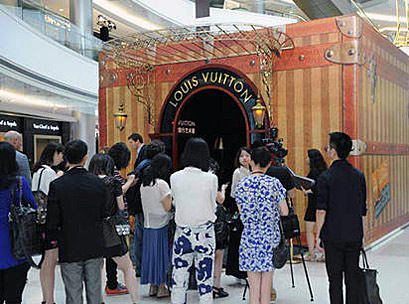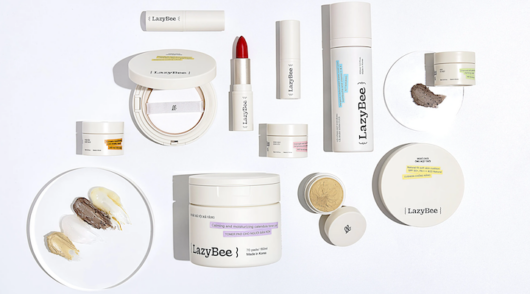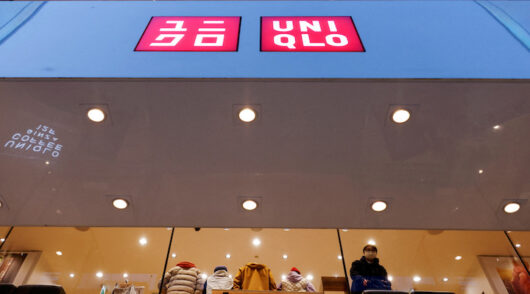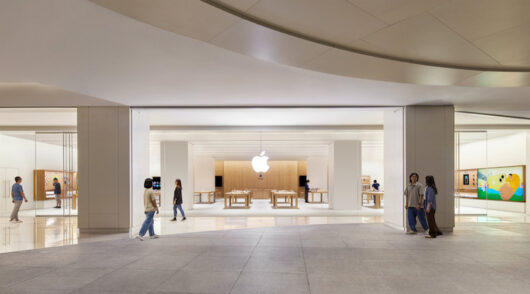Young Chinese continue to drive a boom in luxury goods in China, according to a survey of more than 1000 consumers.
The Ruder Finn/Ipsos China Luxury Forecast 2012 was conducted in June and surveyed 1135 luxury consumers on the mainland who earned more than RMB100,000 (approximately US$15,651 – US$31,302) annually. About 69 percent were under the age of 35 reflecting the booming potential of the luxury consumer market in China.
“Chinese consumers buy luxury products mainly to reward themselves or build confidence, as well as to reflect their taste and personality, and will continue to do so this year,” said Elan Shou, MD of Ruder Finn China and VP of Ruder Finn Asia.
“We are seeing a change in spending patterns, not a drop in the desire for luxury items.”
Luxury brand watches appear to be off the shopping list with 54 per cent of respondents saying they plan to spend less on watches over the next 12 months. Hand bags (48 per cent of respondents) and jewellery (48 per cent) are also not priorities for the coming year.
But respondents said they would increase spending on luxury cosmetics (43 per cent), high-end shoes (43 per cent), and top-brand wines, spirits and cigars (40 per cent).
“In the past 12 months, the luxury market was going strong but consumers are cautiously planning for the next year because of the economic news they’re reading, and this could lead to a relative slowdown,” says Simon Tye, executive director of Ipsos.
However, they will not stop shopping. They will just be buying different luxury items, added Tye.
One aspect of the luxury market that has not changed was the status of established luxury brands in the Chinese mindset. According to the Ruder Finn/Ipsos China Luxury Forecast, Louis Vuitton was ranked first with a top of mind (TOM) awareness of 39 per cent and a spontaneous recall (Spon) of 65 per cent.
The French fashion icon was followed by nine other European big name brands Chanel, Gucci, Hermes, Christian Dior, Armani, Rolex, Cartier, Prada and Versace.
One of the major findings is that China itself has become the go-to destination for buying luxury goods in 2012 replacing Hong Kong and Europe in the 2011 survey. Exclusive brand stores are the most popular point of sale for Chinese consumers to purchase luxury goods.
Additionally, there has been a major uptick in online shopping with an average of 10 per cent of luxury goods purchased via the Internet (about 17 per cent of luxury cosmetics were bought online). Nearly 80 per cent use or intend to use social media to understand more about luxury brands and products.
GB






